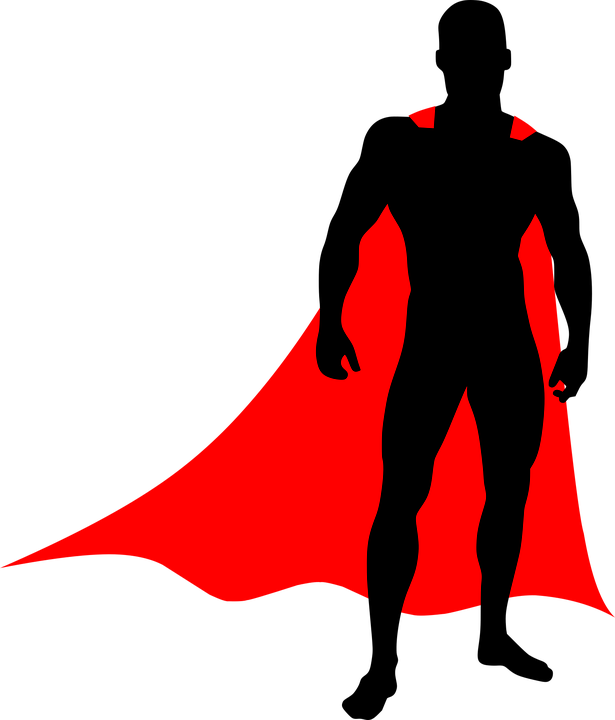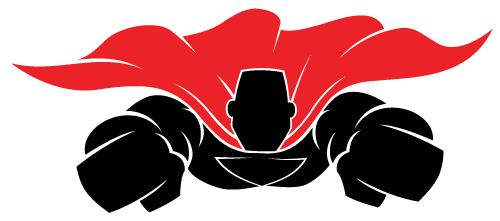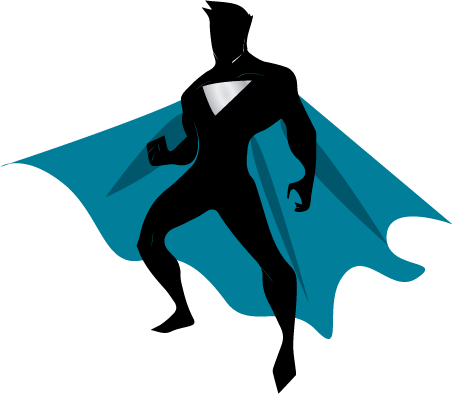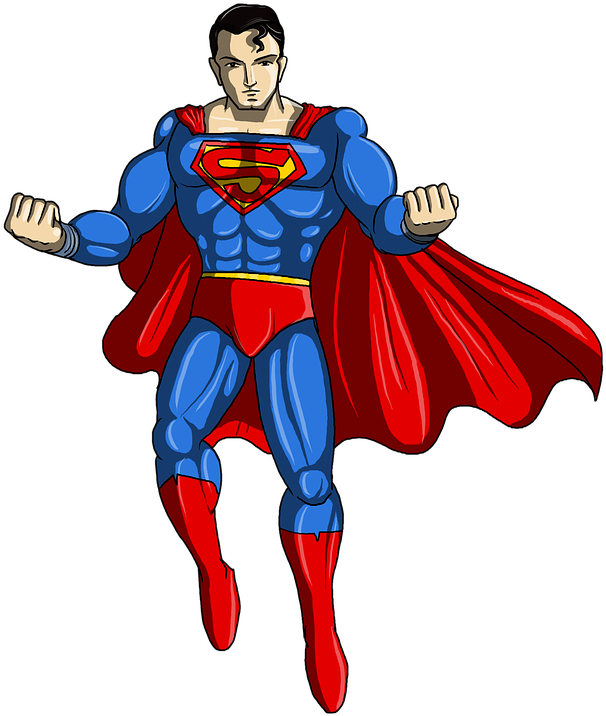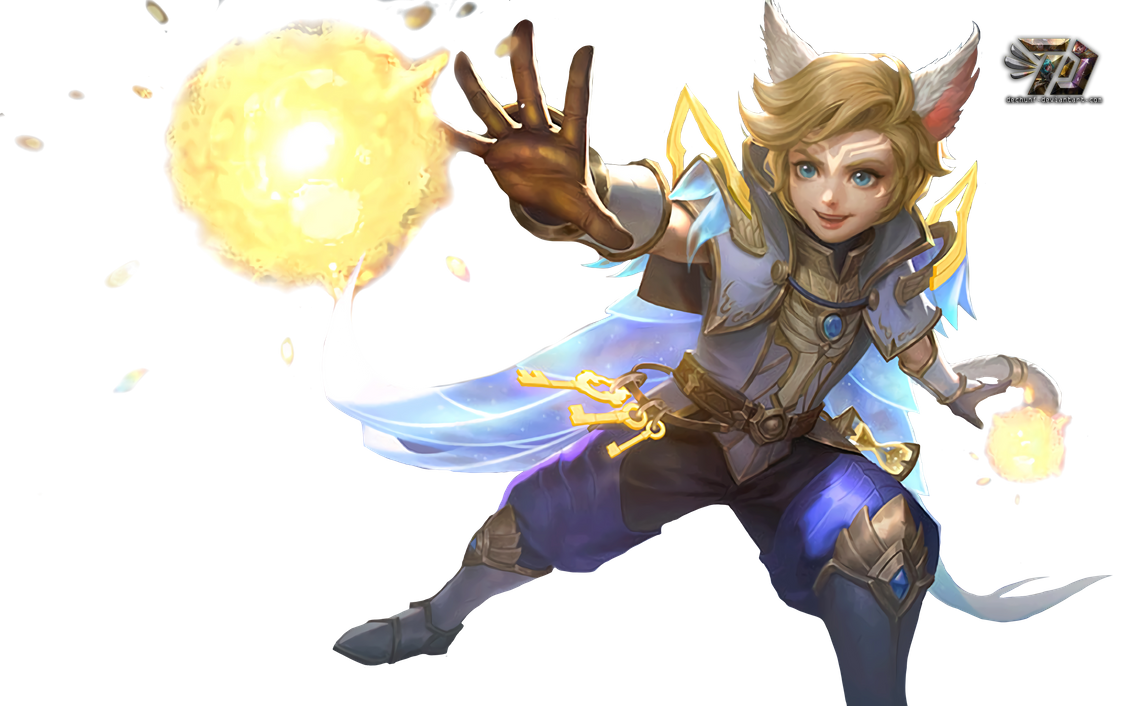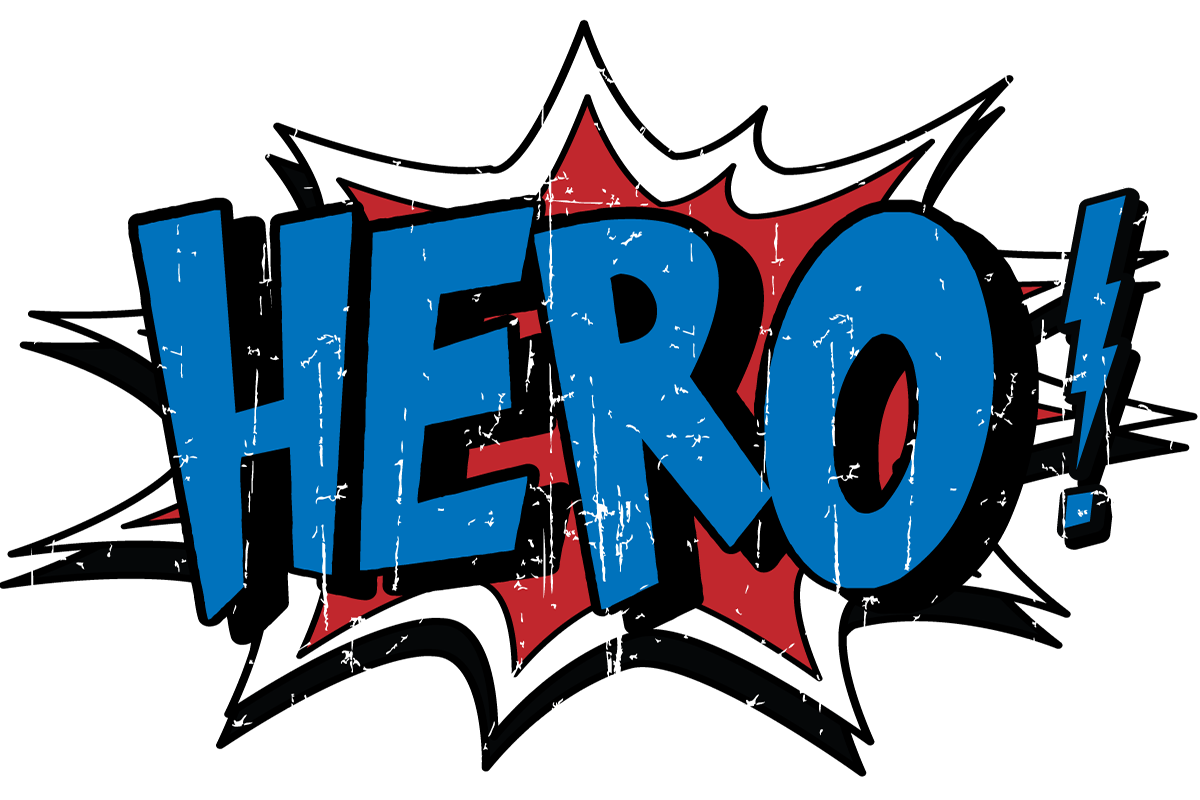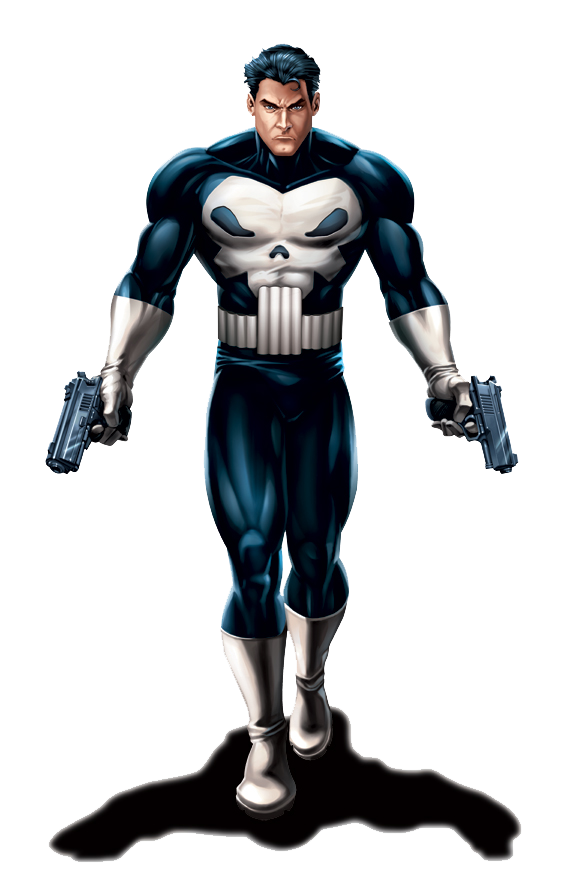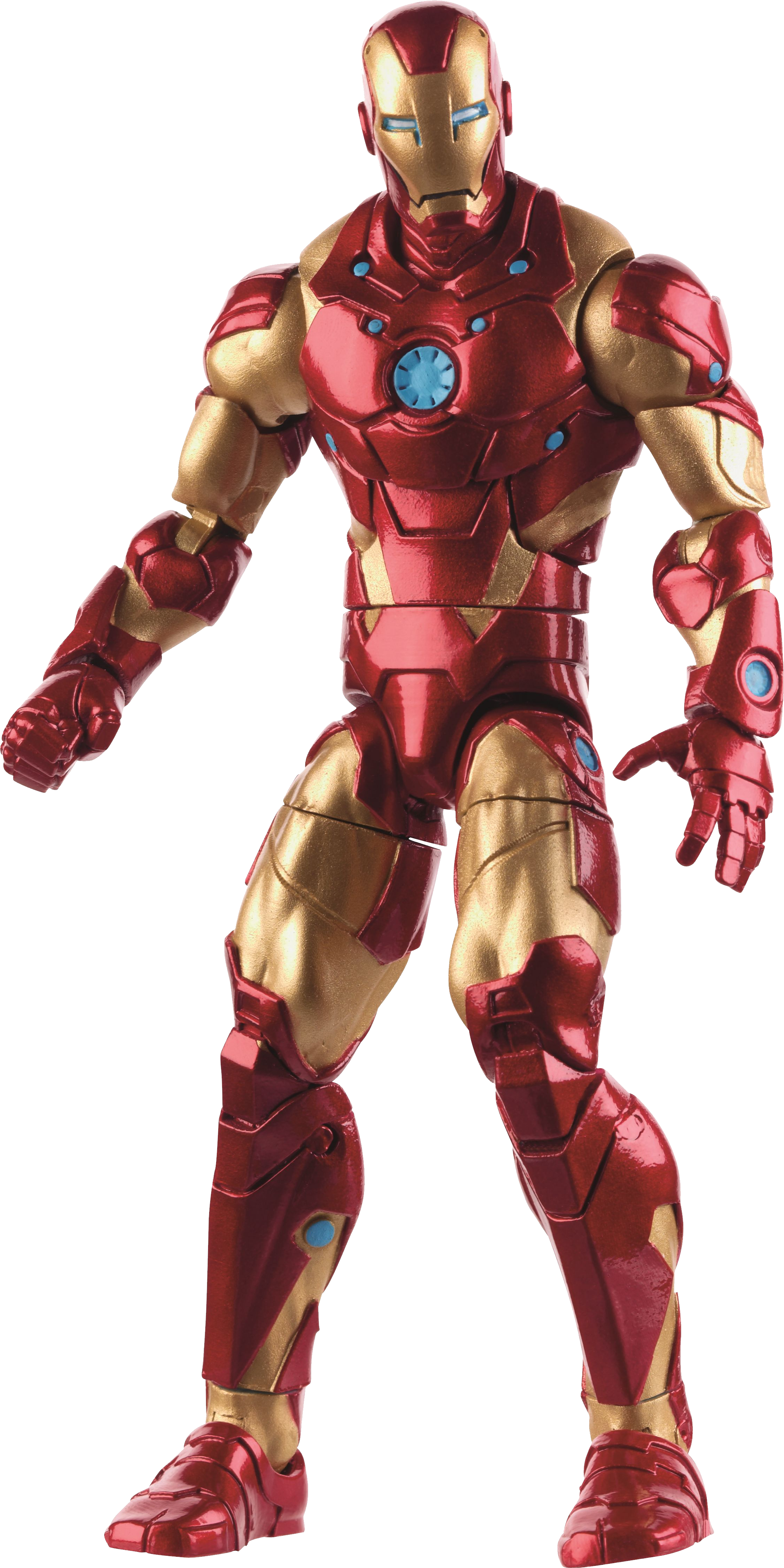Download top and best high-quality free Hero PNG Transparent Images backgrounds available in various sizes. To view the full PNG size resolution click on any of the below image thumbnail.
License Info: Creative Commons 4.0 BY-NC
A hero is a real person or a main literary character who overcomes hardship by inventiveness, courage, or strength in the face of danger. Like other historically gender-specific words (such as actor), Hero is frequently used to refer to people of any gender, whereas heroine only refers to women. Classical epics’ initial heroes performed such acts for the sake of fame and honour. Post-classical and modern heroes do great feats or selfless acts for the general good instead of the classical goals of riches, pride, and glory. The villain is the antonym of hero. Good person and white hat are two more words related with the notion of hero.
In classical literature, the hero is the principal or respected figure in heroic epic poetry honoured via ancient stories of a people, typically aiming for military conquest and living by a constantly faulty personal honour code. Throughout history, the definition of a hero has evolved. According to Merriam Webster, a hero is “a person who is revered for great or brave actions or beautiful characteristics.” Heroes include mythological figures like Gilgamesh, Achilles, and Iphigenia, as well as historical and modern figures like Joan of Arc, Giuseppe Garibaldi, Sophie Scholl, Alvin York, Audie Murphy, and Chuck Yeager, as well as fictional “superheroes” like Superman, Spider-Man, Batman, and Captain America.
A classical hero is a “fighter who lives and dies in the pursuit of honour” who proves his or her grandeur by “killing with brilliancy and effectiveness.” Each traditional hero’s life revolves around combat, whether in battle or on an epic journey. Classical heroes, such as Achilles, are sometimes semi-divine and exceptionally gifted, turning into heroic people as a result of their terrible situations. While these heroes are highly resourceful and competent, they are frequently foolish, seek catastrophe, risk the lives of their people for insignificant issues, and act arrogantly in a childish way. Heroes were held in the highest respect and significance in classical periods, which explains their prevalence in epic literature. The advent of these mortal individuals heralds a shift in audiences and authors away from eternal gods and toward mortal humanity, whose heroic moments of glory live on in the memories of their descendants, prolonging their legacy.
Hector was a Trojan prince and the finest soldier for Troy in Homer’s Iliad, which tells the storey of the Trojan War. According to Hyginus, Hector led the Trojans and their allies in the defence of Troy, “killing 31,000 Greek fighters.” Hector was renowned for his bravery as well as his noble and courtly demeanour. Indeed, Homer portrays Hector as a peace-loving, intelligent, and courageous young man who is a wonderful son, spouse, and parent with no hidden agenda. However, in the Iliad, his domestic ideals clash with his heroic goals, since he cannot be both the protector of Troy and a father to his kid. Hector is eventually betrayed by the gods when Athena disguises herself as his buddy Deiphobus and persuades him to face Achilles, resulting in his death at the hands of a superior warrior.
Achilles was a Greek hero and the major character of the Iliad. He was regarded as the most formidable military combatant in the Trojan War. He was a demi-god since he was the son of Thetis and Peleus. On the battlefield, he possessed superhuman power and had a strong contact with the gods. Achilles famously refused to fight after being dishonoured by Agamemnon, and only returned to the battle after Hector killed his close friend Patroclus out of pure fury. Many of Achilles’ murderous deeds, such as defiling Hector’s body by dragging it about Troy, were characterised by uncontrolled fury. In the Iliad, Achilles plays a tragic role as a result of his continual dehumanisation throughout the epic, with his menis (wrath) overpowering his philos (soul) (love).
In mythology, heroes and gods frequently had tense, if not antagonistic, relationships. Heracles’ name means “heracles’ splendour,” despite being tormented his whole life by Hera, the Queen of the Greek gods. The Athenian monarch Erechtheus, who Poseidon slew for selecting Athena as the city’s patron deity instead of him, is perhaps the most spectacular example. Poseidon Erechtheus was the name given to Erechtheus by the Athenians when they worshipped him on the Acropolis.
Download Hero PNG images transparent gallery.
- Hero No Background
Resolution: 1201 × 1157
Size: 50 KB
Image Format: .png
Download
- Hero PNG Clipart
Resolution: 512 × 512
Size: 60 KB
Image Format: .png
Download
- Hero PNG Cutout
Resolution: 615 × 720
Size: 30 KB
Image Format: .png
Download
- Hero PNG File
Resolution: 692 × 505
Size: 90 KB
Image Format: .png
Download
- Hero PNG Free Image
Resolution: 1600 × 1282
Size: 164 KB
Image Format: .png
Download
- Hero PNG HD Image
Resolution: 1379 × 890
Size: 146 KB
Image Format: .png
Download
- Hero PNG Image HD
Resolution: 1265 × 1401
Size: 57 KB
Image Format: .png
Download
- Hero PNG Image
Resolution: 500 × 221
Size: 16 KB
Image Format: .png
Download
- Hero PNG Images HD
Resolution: 452 × 394
Size: 7 KB
Image Format: .png
Download
- Hero PNG Images
Resolution: 606 × 716
Size: 187 KB
Image Format: .png
Download
- Hero PNG Photo
Resolution: 1132 × 706
Size: 721 KB
Image Format: .png
Download
- Hero PNG Photos
Resolution: 1200 × 800
Size: 211 KB
Image Format: .png
Download
- Hero PNG Pic
Resolution: 1123 × 1123
Size: 97 KB
Image Format: .png
Download
- Hero PNG Picture
Resolution: 573 × 886
Size: 259 KB
Image Format: .png
Download
- Hero PNG
Resolution: 1126 × 2112
Size: 2077 KB
Image Format: .png
Download
- Hero Transparent
Resolution: 2242 × 4482
Size: 6386 KB
Image Format: .png
Download
- Hero
Resolution: 530 × 293
Size: 22 KB
Image Format: .png
Download


